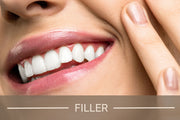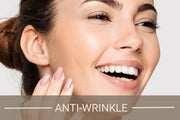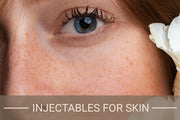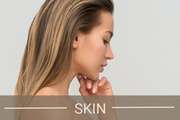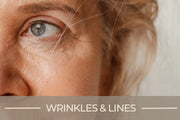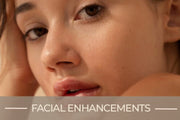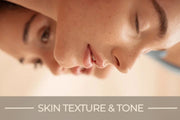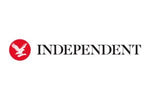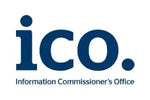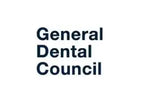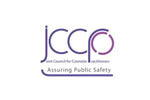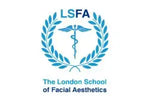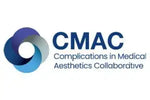Can Pregnant Or Breastfeeding Women Have Botox?
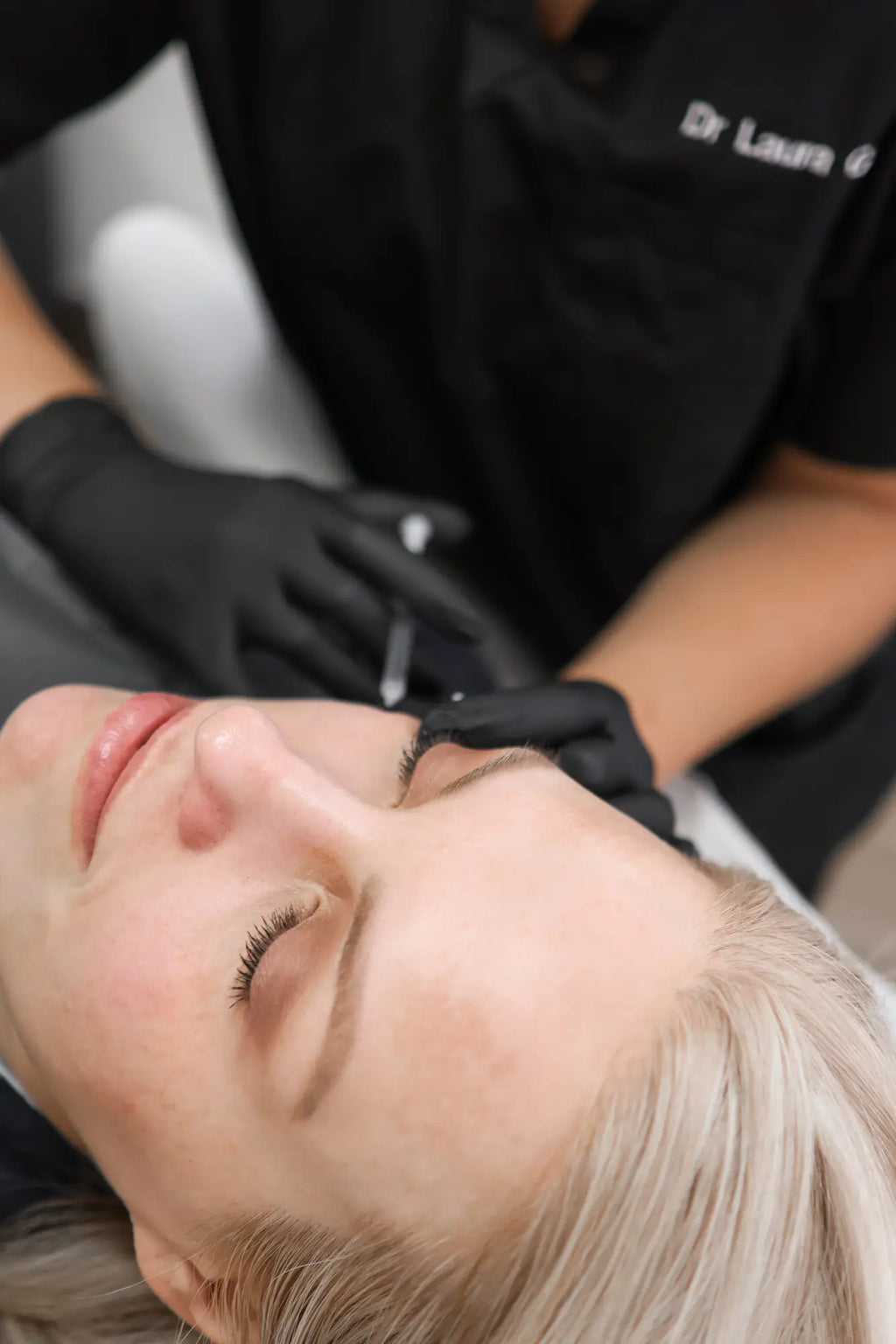
Content Verification
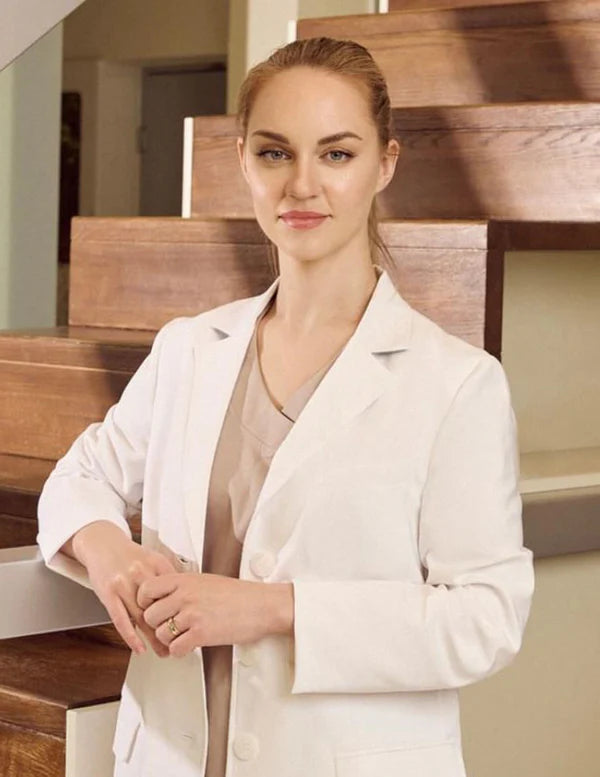
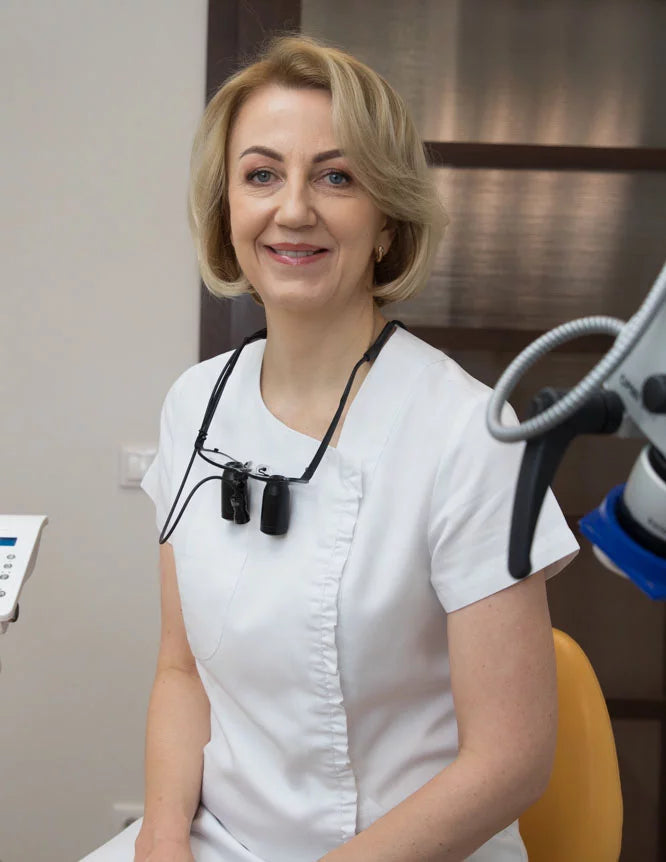

✨ Summary of Key Points ✨
- 🤰 Pregnant and breastfeeding women should avoid Botox treatments due to potential risks.
- ⚠️ Always consult with your doctor before considering any cosmetic procedure during pregnancy or breastfeeding.
- 🍼 Alternatives such as skincare treatments are often recommended in place of Botox.
💡 Key Advice and Tips from Our Experts 💡
- 👩⚕️ Consult your healthcare provider to discuss all available treatment options.
- 📆 Consider postponing Botox until after pregnancy and breastfeeding for your safety.
- 💧 Stay hydrated and use gentle skincare products that are safe during pregnancy.
Botox treatments are among the most popular anti-wrinkle treatments, helping to reduce fine lines and wrinkles for a youthful appearance. Many people seek Botox injections to smooth facial expressions and prevent signs of ageing. However, if you're pregnant or breastfeeding, you might wonder whether Botox anti-ageing treatments are safe.
Medical professionals generally advise caution, as there is limited research on the effects of Botox for wrinkles during pregnancy and nursing. This article explores expert opinions, potential risks, and safer alternatives. By the end, you'll have the knowledge to make an informed decision about Botox treatments in London or elsewhere. Read on to understand whether you should delay Botox or seek alternative anti-wrinkle treatments.
(For more insights, see our guide on [Best Candidates for Botox Anti-Wrinkle Treatments].)
What Are Botox Treatments and How Do They Work?
Botox treatments are widely used anti-wrinkle treatments designed to reduce the appearance of fine lines and wrinkles. They involve the use of Botox injections, which contain botulinum toxin—a substance that temporarily relaxes targeted facial muscles. Many individuals seek these treatments to achieve a smoother, more youthful appearance.
When injected into specific areas, Botox anti-wrinkle injections block nerve signals to the muscles, preventing excessive contractions. This process helps soften wrinkles caused by repetitive facial expressions, such as frowning or squinting. While the effects are temporary, lasting three to six months, many people opt for regular treatments to maintain results.
In the UK, demand for Botox treatments in London has grown significantly, with individuals from various backgrounds considering non-surgical options for wrinkle reduction. Although these treatments are popular, certain groups—such as pregnant and breastfeeding women—must exercise caution before proceeding. Understanding the potential risks is essential before making any decisions.
Are Botox Injections Safe During Pregnancy?
Pregnant women are generally advised to avoid Botox injections due to the lack of research on its safety during pregnancy. While Botox anti-wrinkle injections work by temporarily relaxing facial muscles, concerns exist about whether the toxin could affect the developing baby. Without clear scientific data, most medical professionals recommend postponing anti-wrinkle treatments until after childbirth.
Dr. Laura Geige, Medical Director, Senior Practitioner, and Skin Expert from It’s Me & You Clinic, explains:
"There is currently no conclusive evidence proving that Botox is safe for use during pregnancy. Since botulinum toxin works by interfering with nerve signals, there is a theoretical risk—however small—that it could travel beyond the injection site. Given the lack of large-scale studies, it is always best to err on the side of caution and avoid Botox during pregnancy."
Although Botox for wrinkles is considered a localised treatment, experts remain cautious about its potential to spread systemically. Pregnancy involves significant hormonal and physiological changes, which could influence how the body responds to Botox treatments. Additionally, because Botox anti-ageing treatments are elective, most doctors agree that waiting until after pregnancy eliminates unnecessary risks.
Another concern is how Botox anti-wrinkle injections affect muscle activity. The treatment temporarily weakens targeted facial muscles, raising questions about whether similar effects could occur elsewhere in the body. While no confirmed cases link Botox treatments to birth defects or complications, medical ethics prevent researchers from conducting clinical trials on pregnant women. This lack of data reinforces the recommendation to avoid Botox injections during pregnancy.
What about Botox Treatments While Breastfeeding?
Many new mothers consider Botox anti-wrinkle injections to restore a youthful look after pregnancy. While Botox treatments remain localised to the injection site, concerns exist about whether small amounts of botulinum toxin could enter the bloodstream and transfer to breast milk. Without sufficient research, medical professionals generally advise breastfeeding mothers to postpone Botox for wrinkles until after weaning.
Dr. Snieguole Geige, Dentist, Medical Doctor, and Senior Adviser, explains:
"There is no clear evidence that Botox enters breast milk, but we cannot rule out the possibility entirely. Since a baby’s developing nervous system is highly sensitive, even minimal exposure to neurotoxins could be a potential concern. For this reason, I always advise breastfeeding mothers to delay Botox treatments until they are no longer nursing."
Although the risk is considered low, the lack of large-scale studies makes it difficult to determine whether Botox injections are entirely safe during breastfeeding. The body's metabolism and clearance of botulinum toxin are not fully understood in the context of lactation. Most medical professionals take a conservative approach, prioritising infant safety over aesthetic concerns.
For new mothers searching for Botox near me, it is essential to consult a qualified practitioner before making a decision. As more research emerges, medical guidelines may evolve, but for now, experts suggest erring on the side of caution. If avoiding Botox treatments while breastfeeding is recommended, exploring alternative anti-ageing treatments can provide safer options without potential
What Are the Risks of Botox for Pregnant and Breastfeeding Women?
While Botox treatments are widely used for wrinkle reduction, they are not recommended for pregnant or breastfeeding women due to potential risks. One concern is the possibility of an allergic reaction, which could be unpredictable during pregnancy. Additionally, although Botox injections are intended to stay localised, there is a theoretical risk that the toxin could spread beyond the injection site, leading to unintended muscle weakness.
Dr. Giedre Narkiene, an accomplished dermatology specialist, explains:
"Pregnancy and breastfeeding significantly alter a woman's hormonal balance, which can impact how the skin reacts to treatments. Increased sensitivity, swelling, and unpredictable responses to Botox are possible, making the results less predictable. Moreover, while severe side effects are rare, the lack of research on how Botox interacts with pregnancy-related hormonal changes means caution is always advised."
Another risk is how hormonal fluctuations can affect the effectiveness of Botox anti-wrinkle injections. During pregnancy, increased blood circulation and fluid retention may influence how the body processes Botox for wrinkles, potentially reducing its longevity or altering its expected results. Additionally, post-pregnancy changes in muscle tone could impact the way Botox interacts with facial muscles, making results less consistent than usual.
For breastfeeding women, the concern is not only the mother's reaction to Botox treatments but also the potential—however small—that traces of the toxin could enter breast milk. While there is no confirmed evidence of harm, the absence of definitive research means many medical professionals continue to advise against Botox anti-ageing treatments during this period. Given these uncertainties, waiting until after pregnancy and breastfeeding remains the safest option.
Safer Alternatives to Botox Anti-Ageing Treatments During Pregnancy & Nursing
For women who want to maintain a youthful appearance during pregnancy and breastfeeding, there are safer alternatives to Botox treatments. While Botox anti-ageing treatments are not recommended during this time, several non-invasive skincare options can help reduce wrinkles and fine lines naturally. From hydrating ingredients to advanced skincare techniques, there are effective ways to keep skin looking fresh and rejuvenated.
Pregnancy-Safe Skincare & Natural Anti-Ageing Treatments
Pregnancy and breastfeeding can cause changes in the skin, including dryness, increased sensitivity, and pigmentation. Using pregnancy-safe skincare products with hyaluronic acid can help maintain hydration and plump the skin naturally. Antioxidant-rich serums, such as those containing vitamin C, can brighten the complexion and reduce the appearance of fine lines over time.
Collagen-boosting creams formulated with peptides and ceramides can help support skin elasticity without the risks associated with Botox injections. Regular exfoliation with gentle, pregnancy-safe acids like lactic acid can also help improve skin texture without irritation.
Non-Invasive Anti-Wrinkle Treatments
Many clinics that offer Botox treatments in London also provide non-invasive anti-wrinkle treatments suitable for pregnant and breastfeeding women. One popular option is LED light therapy, which stimulates collagen production, reduces inflammation, and improves skin tone without using chemicals or injectables.
Microcurrent facials are another effective option for those looking for Botox near me without the risks. This treatment uses low-voltage electrical currents to stimulate facial muscles, providing a lifted and toned effect without injections. Additionally, dermal hydration facials, oxygen therapy, and guasha massage can enhance circulation and promote a radiant complexion.
For women avoiding Botox for wrinkles, maintaining a consistent skincare routine and using professional-grade, pregnancy-safe treatments can help manage signs of ageing effectively. Consulting a skincare specialist can provide personalised recommendations based on individual skin concerns during this delicate time.
When Is It Safe to Resume Botox Treatments After Pregnancy?
Many women eager to restore their pre-pregnancy appearance wonder when they can safely resume Botox treatments. While there is no universal rule, most medical professionals suggest waiting until after pregnancy and breastfeeding to minimise any potential risks. The decision largely depends on an individual’s recovery, hormone levels, and whether they are still nursing.
The effects of Botox anti-wrinkle injections typically last between three to six months, meaning those who paused treatments during pregnancy may start noticing the return of wrinkles and fine lines. However, it’s recommended to wait at least six weeks postpartum before considering Botox injections, allowing the body to stabilise from hormonal changes. If a woman is breastfeeding, many experts advise waiting until weaning to avoid any theoretical risks.
Even after childbirth, factors such as postpartum recovery, stress, and hormonal fluctuations can affect how Botox for wrinkles interacts with the body. Drastic hormonal shifts may temporarily change how muscles respond to treatment, leading to unpredictable results. For this reason, it is essential to consult a qualified professional before resuming Botox anti-ageing treatments. A medical assessment will help determine the ideal time to restart treatments safely and effectively.
For those searching for Botox near me, choosing a reputable clinic with experienced practitioners ensures a safe and informed approach. Waiting until the body fully recovers and seeking professional advice reduces unnecessary risks and helps achieve the best possible results from anti-wrinkle treatments.
The Bottom Line
Experts generally advise against Botox anti-ageing treatments during pregnancy and breastfeeding due to the lack of research on safety. While the risks remain uncertain, medical professionals recommend waiting until after childbirth or weaning before resuming Botox injections. Hormonal changes can also affect how the body responds to Botox for wrinkles, making results unpredictable. The safest approach is to consult a qualified practitioner before considering any anti-wrinkle treatments. Prioritising safety ensures the best outcomes for both mother and baby.
Disclaimer: This article is for informational purposes only. Always consult a qualified medical professional before undergoing any Botox treatments.
